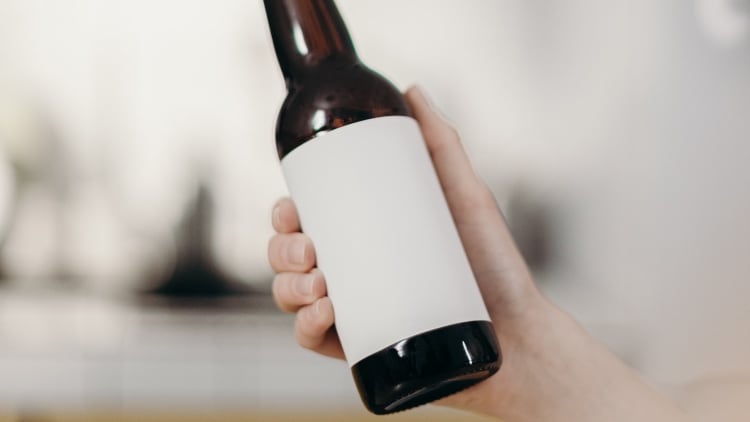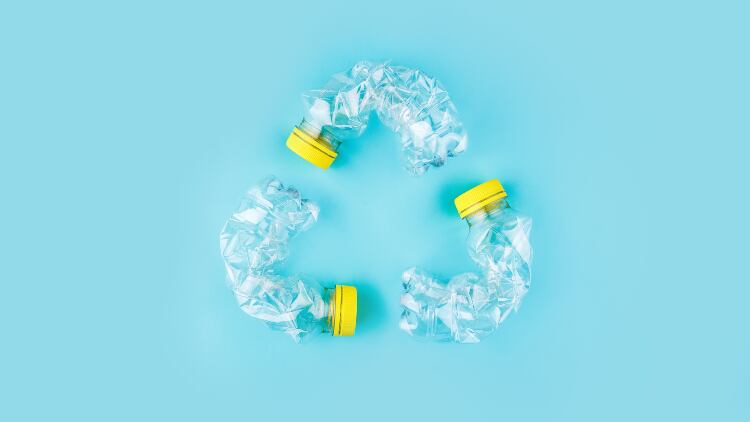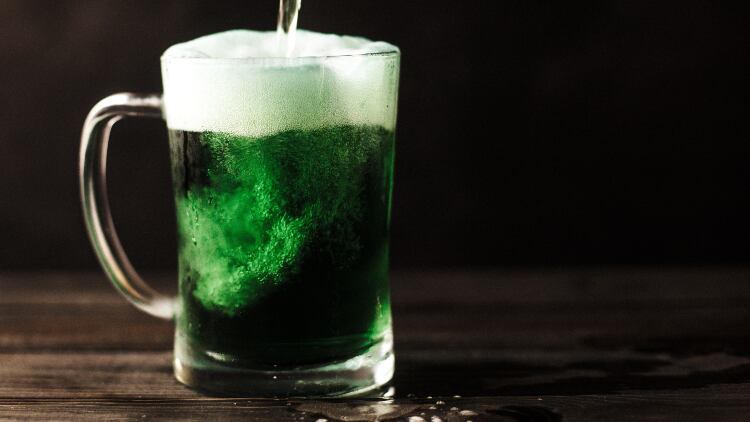On 14 May, Scotland’s parliament passed legislation meaning that a DRS will come into force from 1 July 2022 in a bid to boost the rate of recycling single-use drinks containers.
Under the new scheme, drinkers in Scotland will be required to pay a 20p deposit on PET plastic and glass bottles as well as metal cans, which is then refunded when they are returned for recycling.
As well as legally requiring retailers to add the 20p deposit and accept returns of empty containers, venues such as pubs, bars and restaurants will be required to charge the deposit and operate their own return stations for products sold as take-outs.
However, discussing the impact of a DRS on pubs in May 2019, environment secretary Roseanna Cunningham told MSPs (members of the Scottish parliament) that the likes of pubs and restaurants won’t be forced to charge their customers a deposit for drinks opened and consumed on-site.
Extra costs for pubs, brewers and cider makers
With only half of the 13bn plastic bottles sold in the UK every year being recycled – and £778m spent in 2015-16 clearing plastic litter and enforcing laws – Westminster has previously backed plans to implement its own DRS, with former environment secretary Michael Gove supporting an “all-in” DRS to cover all bottle sizes and types in July 2019.
Yet, while organisations such CAMRA support the principle of a DRS, they’ve expressed concerns about the broader impact on pubs and brewers across the UK of Scottish parliament’s unilateral scheme.
“This is going to result in extra costs for pubs, as well as for breweries and cider producers with registration fees, per can costs, producing separate labels and bar codes for the Scottish market and an impact on cash flow of having to wait six months for the deposit cash to come back,” CAMRA director for Scotland, Sarah Crawford, explained.
“Even though it’s not coming into force until summer 2022, it’s a cause for concern considering many pubs and small, independent producers are already fighting to stay afloat and will face enough challenges as the industry tries to recover from coronavirus in the coming months and years.”
According to Crawford, saddling drinks producers with the extra cost of producing bespoke labelling and packaging for distribution in Scotland under the DRS could have a profound impact on consumer choice north of the border.
“While big and international companies will be able to absorb these costs, many small breweries – on both sides of the border – may just decide it’s not worth it and will stop selling in the Scottish market,” she added.
“It is also disappointing that the Scottish scheme hasn’t been developed in line with the UK Government’s deposit return scheme which will cover England, Northern Ireland and Wales.
“Brewers don’t know if what they’re doing for the Scottish scheme is going to be compatible with the scheme for the rest of the UK when that comes into place.”
Unsustainable costs for small brewers
In addition, SIBA’s chief executive James Calder added that at a time of uncertainty amid the Covid-19 pandemic, small brewers will “feel the brunt” of new requirements in Scotland.
“The Scottish Government has not addressed the significant concerns that small independent brewers have raised with the DRS,” he said.
“As it stands, it will impose unsustainable costs on small breweries and reduce the choice and availability of independent craft beer in Scotland.
“Small breweries care deeply about the environment and wanted to work with the Scottish government to make DRS a success but, unfortunately, the cabinet secretary refused to meet directly with small breweries before the legislation was passed.
“Instead of taking account of the size of producers, the Scottish Government has walloped businesses with an increase in the proposed registration fee this year from £209 to £360 and set any exemptions far too low, which means that a brewery with only a couple of members of staff pays the same as Coca-Cola.
“There are also no guarantees that the scheme administrator, which will be dominated by global producers, will take account of the needs of small businesses.
“While the start has been delayed until 2022, brewers will be saddled with the scheme’s start-up costs when they’re trying to recover from the Covid crisis and face an uncertain future.
“The Scottish government should have worked with Westminster to launch a UK-wide scheme avoiding the unnecessary upheaval and confusion that will now arise with multiple schemes.”
• Read the latest digital edition of The Morning Advertiser – for free – by clicking here.




